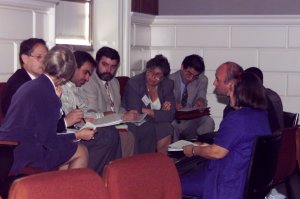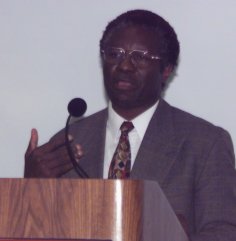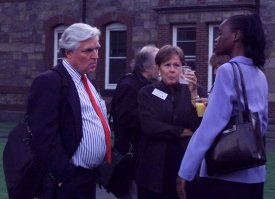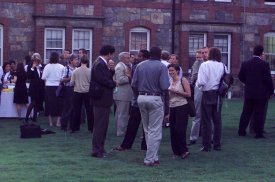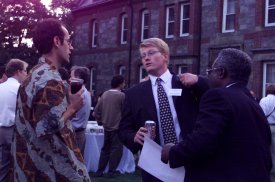Linkages Home  Sustainable Developments
Sustainable Developments  Feedback
Feedback
INTERNATIONAL CONFERENCE ON BIOTECHNOLOGY IN THE
GLOBAL ECONOMY |
|
Photo and RealAudio highlights |
| The International Conference on Biotechnology
in the Global Economy took place at Harvard University in Cambridge, Massachusetts,
USA, from 2-3 September 1999.The conference, organized and hosted by the
Center for International Development (CID) and the Belfer Center for Science
and International Affairs, Harvard University, attracted over 200 participants
from academic institutions, civil society, industry, government departments
and international organizations, including the UN Commission on Science
and Technology for Development, UNCTAD, FAO and GEF. The conference aimed
to broaden the debate on biotechnology beyond the narrow confines of the
biosafety question and foster dialogue between researchers, entrepreneurs,
political leaders, policy makers and practitioners.
See below to listen to opening speeches, keynote addresses and closing remarks. Conference participants met in nine parallel sessions to discuss: evolution of the
biotechnology industry; biotechnology in international trade; intellectual property rights
in biotechnology; biotechnology and international relations; bioprospecting; biotechnology
in developing countries; environmental aspects of biotechnology; biotechnology and human
health; and ethics, social values and biotechnology. Calestous Juma, Special Advisor to the Center for International Development, will
prepare a brief summary of the discussions focussed on "solutions" rather than
concerns. The summary as well as other outcomes of the discussions are expected to feed
into research agendas, policy discussions, and training and educational material on
biotechnology and public policy. A special task-force is expected to be set up to help
address, inter alia, research and training issues in the field of biotechnology. |
|
Professor Jeffrey Sachs, Director, Center for International Development, Harvard University, greets conference participants |
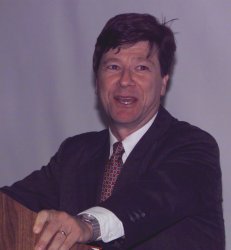 |
|
Opening Event: "Science and Economy in the New Millennium" |
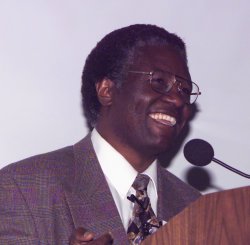
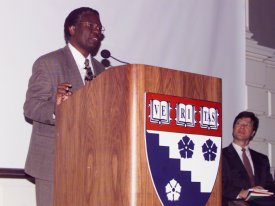
Calestous Juma (left), Special Advisor, Center for International Development, Harvard University, introduces the speakers |
|
|
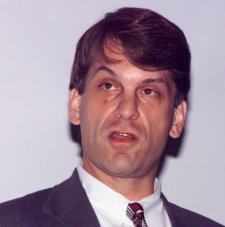

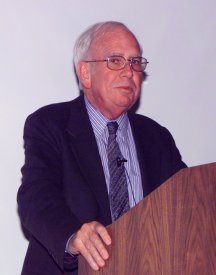
Dinner Address: "Science, Technology and International Development" |
||
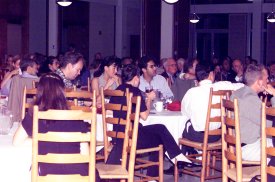 |
||
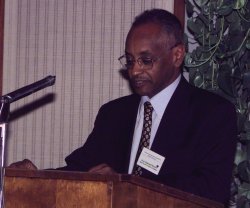 |
Plenary Session and Keynote Address: "Biotechnology in the Global Economy" |
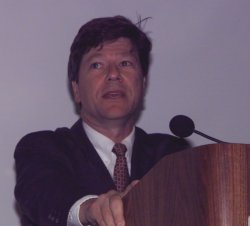 |
